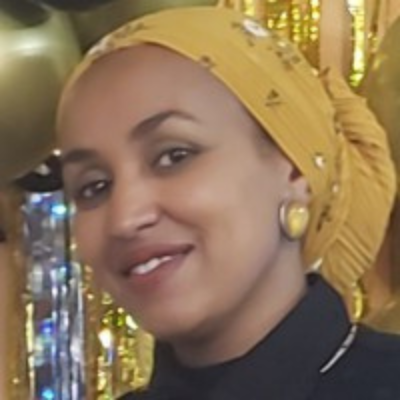Sualiha Abdulkader is a public health and leadership specialists and professional certified coach, earned MPH, MBA and Diploma from local and International Universities. She has served in the Ethiopian health system for more-than 10 years as a trainer, project lead, researcher, coach, program coordinator, thematic lead, health management specialist, project coordinator and program officer with GO and NGOs including International Institute for Primary Health Care (IPHCE) with JHU, America International Health Alliance (AIHA) with University of Queensland/Australia, JSI research & training, Engender Health, and Management Sciences for Health (MSH). She is known by voluntary service provision for the MOH’s leadership incubation program from designing to cascading trainings. She is also a women leadership advocate by example: As an impact of a “women only leadership Program” she has established in JSI, 30% of the total trained women (86) were able to assume leadership posts locally as head and deputy positions.

